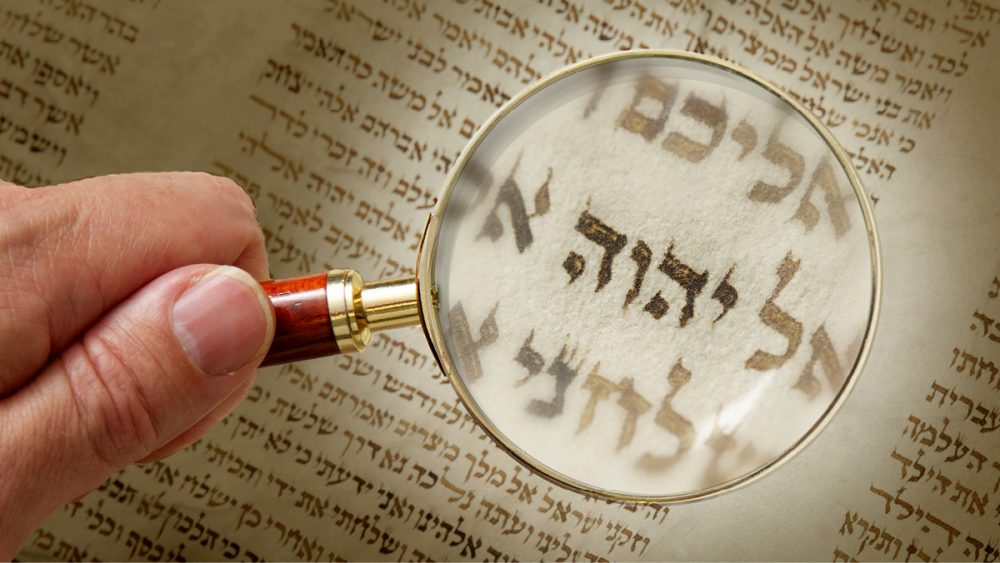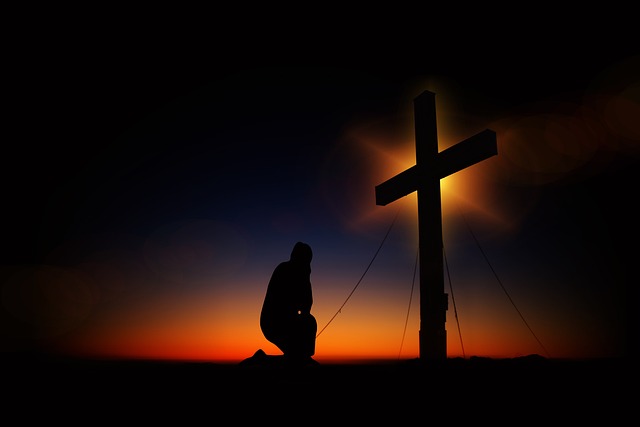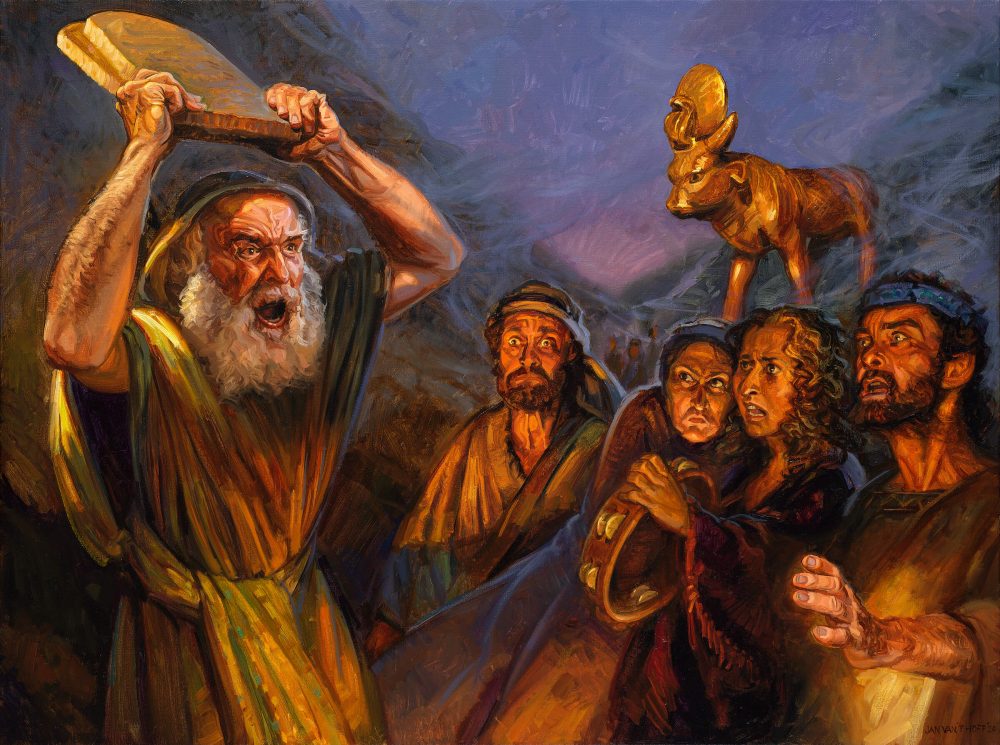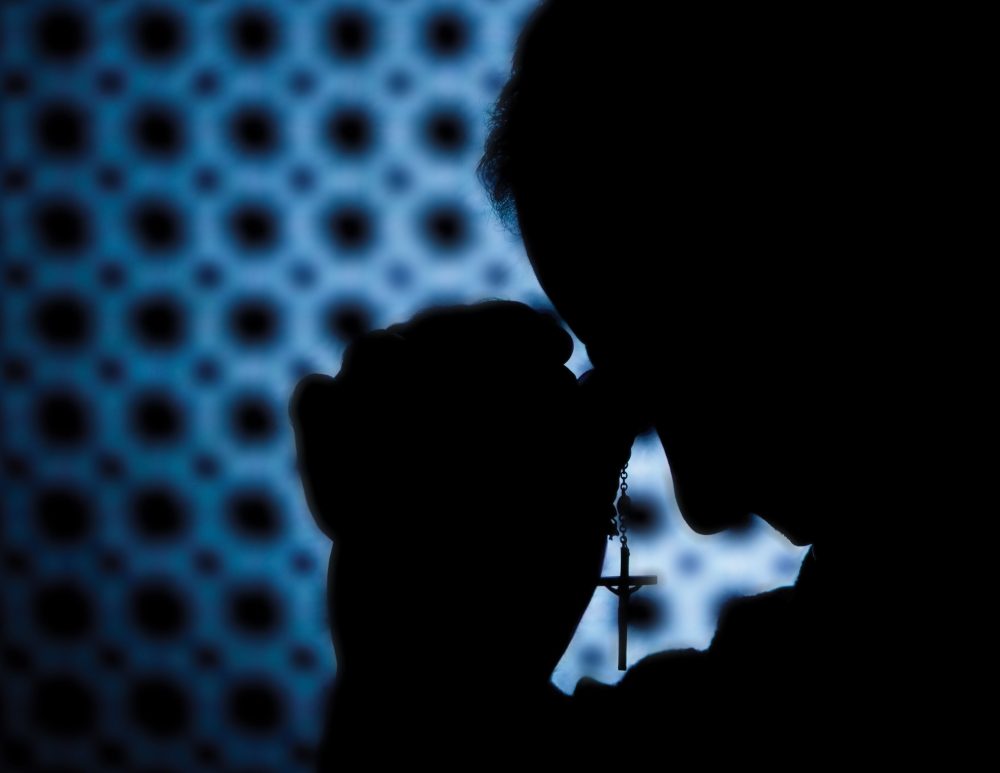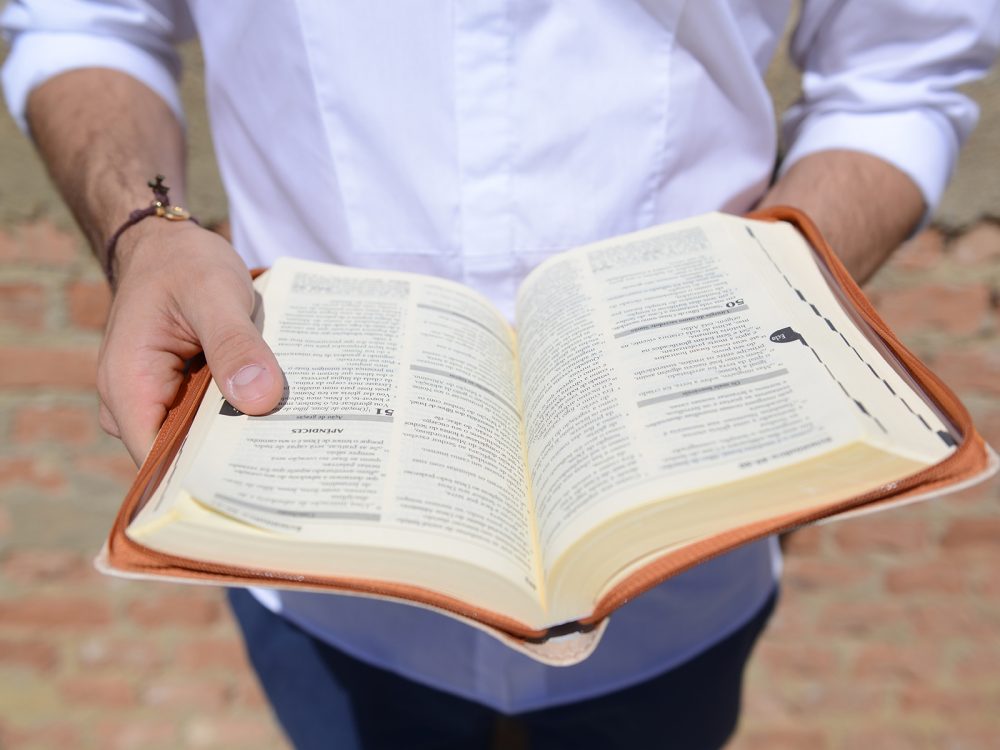Catholic teaching states that human life must be respected because it is sacred. It is not lawful for anyone to destroy an innocent human being. However, there are times when our duty is to defend life, especially our own. We can legitimately defend ourselves while choosing not to kill.



